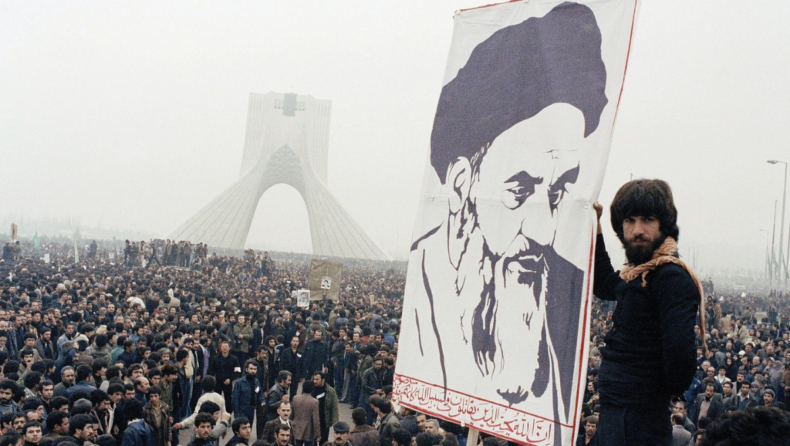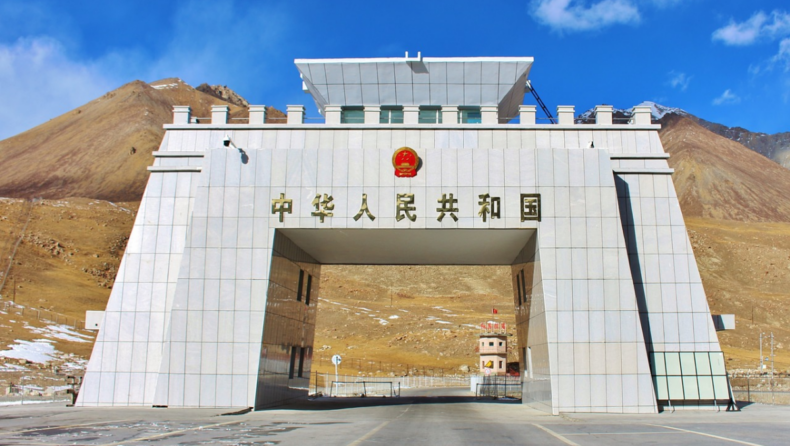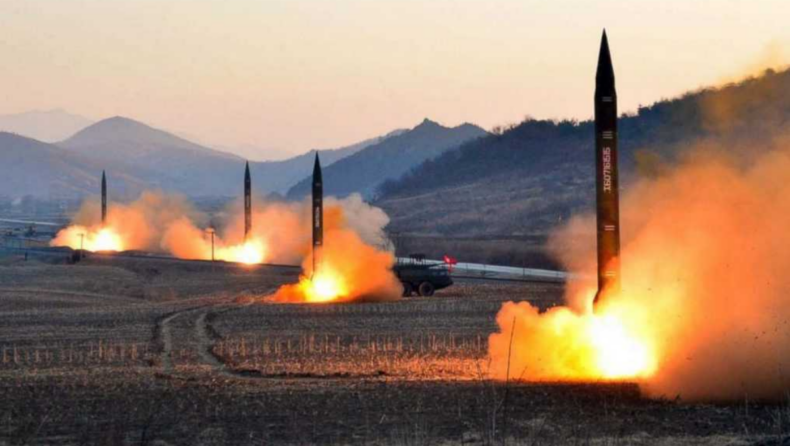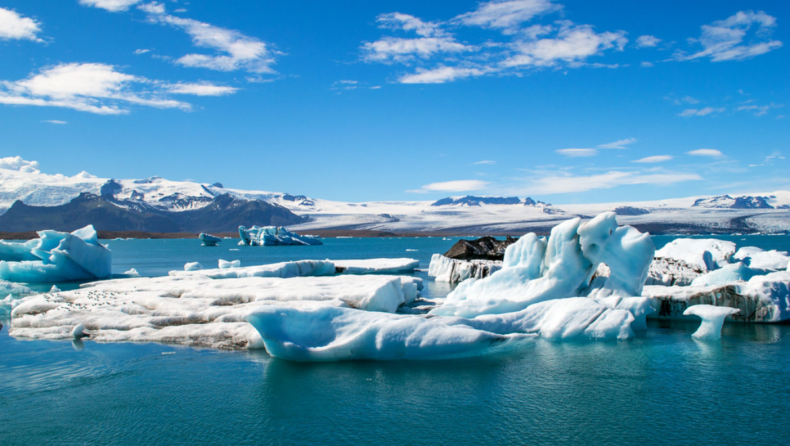Author: Shaurya Negi
I have completed my post graduation in International Relations from Amity University, Noida. In my position as a student of international relations, the global affairs are of particular interest to me.
The Nazi-Soviet Non-Aggression Pact was signed on August 23, 1939, by representatives from Nazi Germany and the Soviet Union. It is also known as the German-Soviet Non-Aggression Pact and the Ribbentrop-Molotov Pact. It was a mutual promise made by the two leaders guaranteeing that neither would attack the other. With the inevitability of World War II, Germany signed the pact to protect itself from having to fight a two-front war. As part of a secret addendum, the Soviet Union was given land, including parts of Poland and the Baltic States. The pact was broken less than two years later, on…
Iranian Revolution, also known as Islamic Revolution, which emerged in 1979. This revolution turned one of America’s most crucial Middle East allies (Iran) into one of its most dangerous opponents. Prior to the Iranian Revolution, the United States had established tremendous control over Iran by elevating Mohammad Reza Shah to a position of hegemony. Nationalization upset British politicians, who responded by imposing an economic boycott on Iran. Because of the ongoing cold war between the United States and the Soviet Union, the US was concerned that Iran would fall into communist domination. American-Iranian relations expanded after the revolution. These favorable…
Pakistan and China’s friendship has grown and strengthened since 1951. As Pakistan’s foreign policy has always prioritized good relations with China, their relationship grew closer and stronger with time. Thus, both countries share strong diplomatic, military, economic, and cultural ties. CPEC (China-Pakistan Economic Corridor) is a regional connectivity framework between Pakistan and China. The improvement of both countries’ geographical interconnections is through improved road, rail, and air transportation systems. And with frequent and free exchanges of growth and social ties, it enhanced the understanding through academic, cultural, and regional knowledge. The CPEC’s impact on Pakistan’s economy The main source of…
Since United Nations has been established 75 years ago, the conflict and violence have changed dramatically. The threats to international security posed by the proliferation of nuclear weapons among nations have been acknowledged by political and military professionals. Nuclear terrorism is known as an unauthorized use of nuclear explosive devices against nuclear facilities and installations for extortionate reasons. An individual, a group of individuals, an organization, or a country can all be targets of nuclear terrorism. There are four categories of nuclear terrorist acts to consider: Overt threat of using nuclear explosive devices or radiological weapons, or of attacking a…
Extradition is a process where a person is surrendered from one state to another based on bilateral arrangements between two states. This process is also referred as Rendition, which is the surrendering of a convicted person from one state jurisdiction to another. According to International Law, “There is a lack of a binding obligation on a state to surrender the accused demanded by another foreign state. Thus, the law upholds the principle of sovereignty which is about the right and full authority of the state over itself.” The main purpose of extradition The purpose is to make sure that criminals…
The Antarctic Treaty, signed in 1959, stated in its preamble that the region would be dedicated to peace and science. It would not become a source of international conflict. All nuclear activity in Antarctica was also prohibited by the treaty. Considering the conditions, it was a major accomplishment that such a treaty could be ratified. Also, there was an agreement between the two cold war superpowers- the US and the former USSR. This treaty was also ratified regardless of the fact that seven states asserted a portion of the Antarctic region. The seven states who claimed the portion were Argentina,…
Contact us:
Copyright © 2024 Asiana Times. All Rights Reserved










